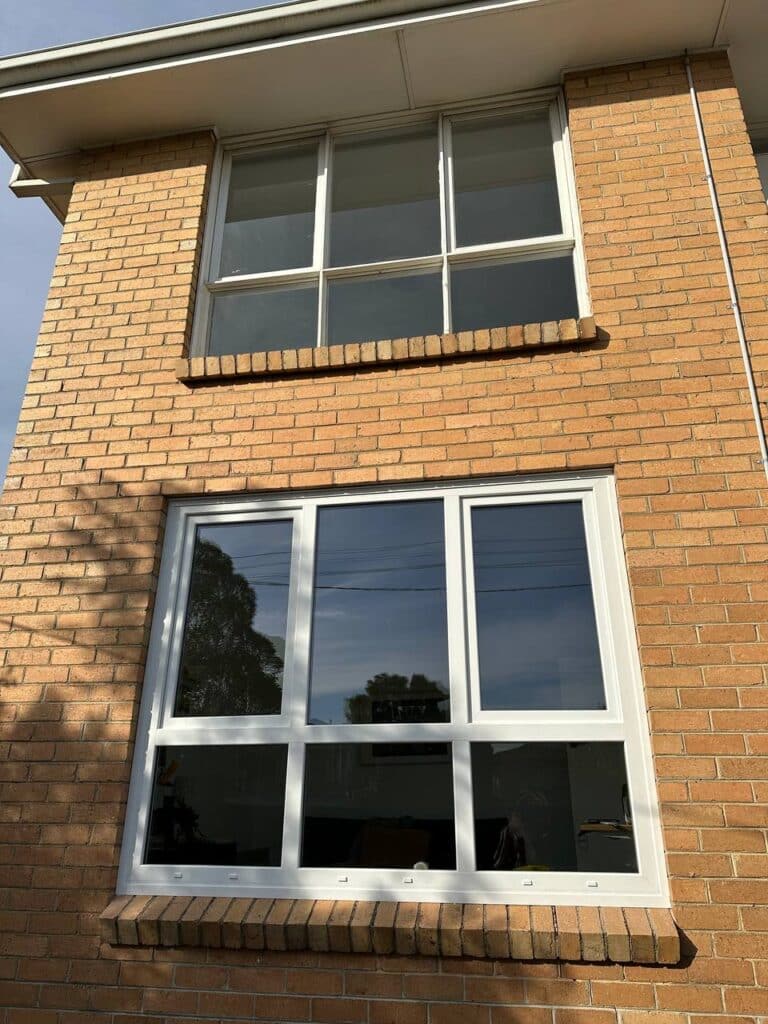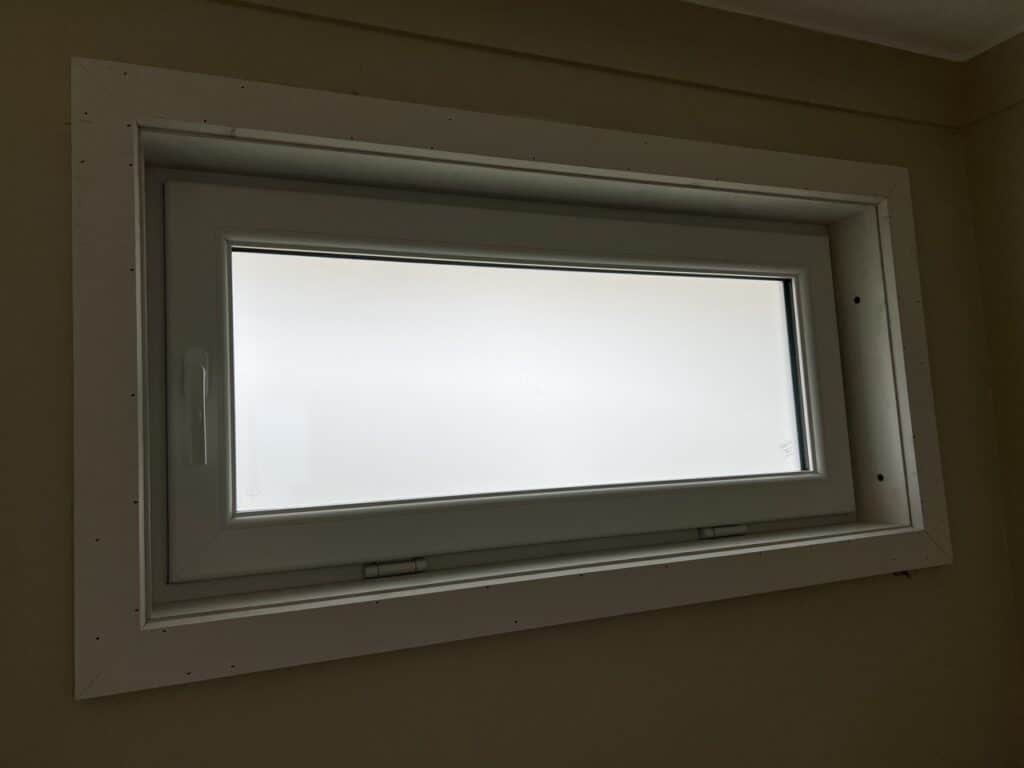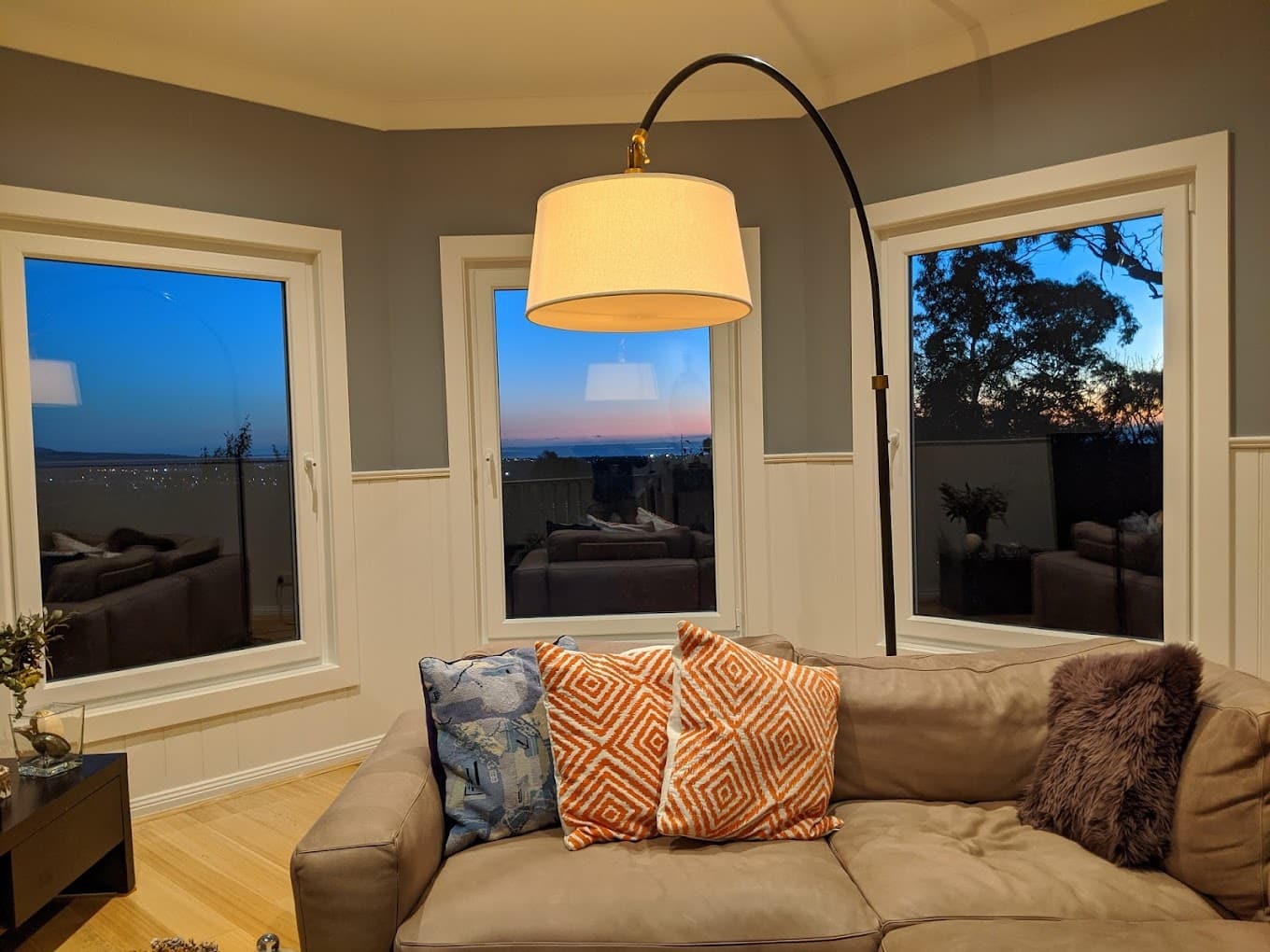
Double-glazed windows and doors are effective in extreme weather. And not only that, they are friendly for the environment as well as they lighten the burden on your power grid. Rightfully so, because double-glazed windows have argon gas in them that is both; cost and energy efficient.
But have you ever wondered what other gases can be used in place of argon?
Surprisingly, double glazed doors and windows don’t only use Argon as a gap, there are other three main gases used in double-glazing.
In this article, I’ll discuss everything about the gases used in double glazing and their pros and cons.
Read on!
Common gases used in double glazed windows and doors
There are four common gases used in domestic double glazed windows.
Argon Gas
One of the most popular gases used in double glazing is argon. It is odorless, colorless, and denser than air. Since it is readily available, it’s quite affordable. You can find argon in light bulbs and double-pane windows and doors easily.
Krypton Gas
If Argon is denser than air, Krypton gas is denser than both; Argon and air. Therefore, an expensive alternative and less popular alternative to Argon gas. It is most
commonly used in smaller cavities with less frequent convection.
Krypton gas is more insulating and energy-efficient as compared to Argon, and hence, well-suited to triple-pane glass or windows.
Xenon Gas
It is one of the latest alternatives that is denser than Krypton and Argon with incredible insulating properties. Therefore, it is ideal for large commercial buildings and specialized applications to prevent heat loss.
Undeniably, it is the most expensive alternative to its counterparts, but it yields excellent results and performance that just cuts your energy bills in half. However, it’s not commonly used in domestic windows.
Dehydrated Air
Dehydrated air is basically dry air with low humidity levels. It is the least preferred gas for double glazing because it offers minimal insulation properties and thermal performance than noble gases (Argon, Krypton, and Xenon).
Glazing experts usually don’t vouch for air-filled double glazing. However, it is still better and more energy-efficient than single-glazing.
Pros and cons of using noble gases for double glazing at home
Each gas, besides being substantially effective, has its pros and cons that you should consider. Below are the advantages and disadvantages of Argon, Krypton, and Xenon gas for double glazing.
Pros of Argon
- Since Argon is easily available, it is cost-effective and the most commonly used gas in double glazing.
- Unlike air-filled windows or doors, Argon provides outstanding thermal performance and reduces heat transfer, ultimately improving energy efficiency.
- It is readily available, thus, easy to find and replace.
Cons of Argon
- Despite being an effective insulator, the thermal performance of Argon gas is not as impressive as Krypton and Xenon.
- The range of Argon is only limited to double glazing, standard windows at home, or doors. Thus, inappropriate for windows that require greater insulation ratings.
Pros of Krypton
- Krypton has outstanding thermal performance compared to Argon. It provides greater thermal efficiency and reduces heat transfer.
- Krypton gas has higher insulating capabilities. Therefore, windows can have thinner profiles that add more glass areas and room for design flexibility.
- Krypton reduces cold spots near your windows so you can have increased comfort within your rooms.
Cons of Krypton
- Krypton is not commonly used in double-glazing. Therefore, it’s a bit more expensive than Argon gas.
Pros of Xenon
- It provides exceptional thermal performance and reduces heat transfer to an astounding level.
- It is applicable in a wide range of applications, such as high-performing vacuum insulation panels and other specialized settings.
Cons of Xenon
- Xenon is the most expensive gas among the three gases and can add to your overall cost of double-glazed windows and doors.
- Since it’s not commonly used in double glazing, there is limited availability of this gas.
- Unlike Argon and Krypton, Xenon has a higher global warming potential that can harm the environment.

How do I know if my double-glazing window is Argon filled?
So, you’ve finally decided to invest in double-glazing windows. But how do you know if your windows are filled with Argon?
You can follow these steps to get an idea.
- Always check the manufacturer information or labels that come with your windows. Mostly, there is all the information related to the glass type.
- Carefully, examine the spacer bars that have the insulating gases. If there are holes or vents, chances are your windows are NOT Argon-filled.
- The most recommended option is to consult a professional glazier or window installer. The professionals have special tools to answer such questions.
FAQs
Does double glazing work without argon gas?
Argon gas is not necessary for double glazing to work effectively. The process of glazed windows involves creating a layer of insulation between the interior and exterior pane of windows to prevent heat transfer and improve the thermal performance of windows.
Double glazing creates an insulating air gap that provides optimum insulation and prevents heat transfer. While many professionals say, It is perfectly safe to use Argon gas as a substitute for air in the double glazed windows as it is denser and less conductive than air.
Therefore, Argon-filled windows provide better insulation and performance.
Nonetheless, it is not essential to use Argon gas in double glazing unless Argon gas is specifically requested.
Are all double-glazed units filled with argon?
No, all double glazed units are not Argon gas windows or doors. There are two other common gases used in double glazing; Krypton and Xenon. Though, both are not as commonly used as Argon. But, they provide better thermal insulation and prevent heat transfer.
Is all double-glazing filled with gas?
Double glazing has been a popular choice for most homeowners. But no, not all double glazing is filled with gas. Your composite doors, casement windows, roller shutters, and other products (windows, doors) can be double-glazed with either noble gases (Xenon, Krypton, Argon) or dehydrated air.




